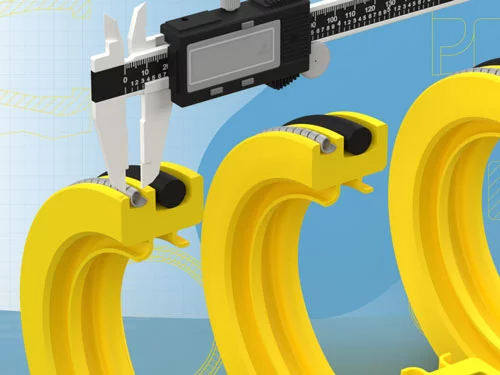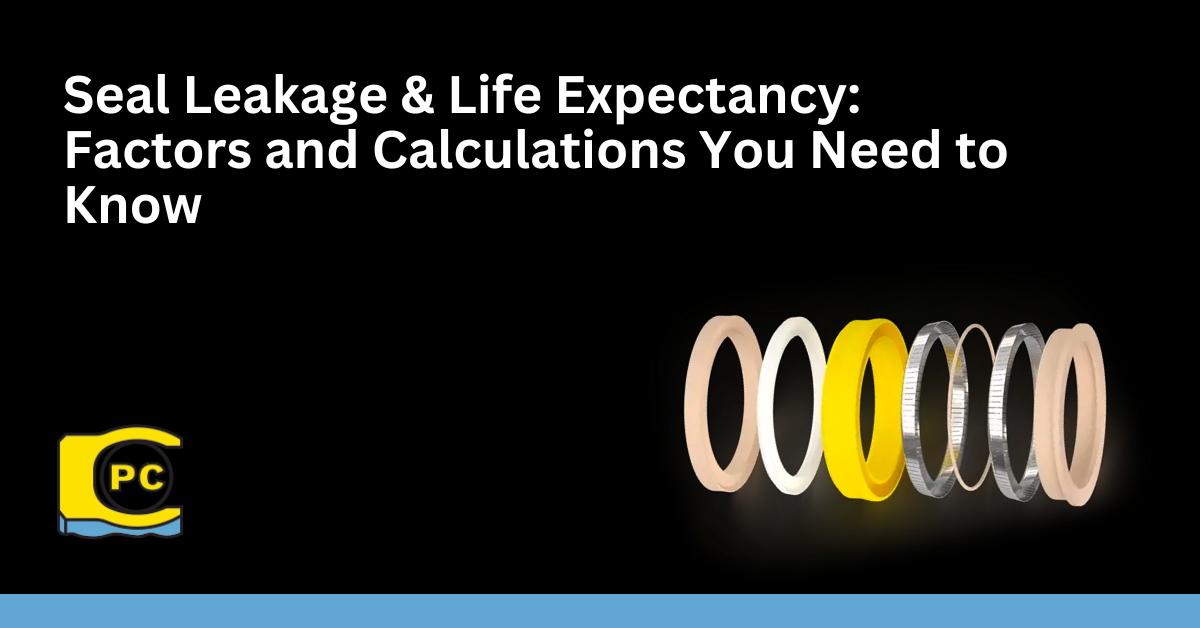Every machine or system that relies on seals understands the gravity of a leak or a premature seal failure. With significant financial, operational, and sometimes environmental implications, the topic demands thorough understanding. Polymer Concepts, a leader in sealing technology, shares invaluable insights on the matter.
The Basics of Seal Leakage
What is Seal Leakage?: Beyond the basic definition, seal leakage can be understood as any unintended escape of fluid or gas due to the failure of a seal to maintain its barrier. This can be as minor as seepage or as major as a burst, each with its own set of consequences.
Common Causes: Wear and tear is a natural factor, but often, improper installation, contamination, or using a seal that's incompatible with the fluid it's meant to contain can lead to leaks. Incorrect sizing or using outdated seals are other common culprits.
Polymer Concepts' Solutions: Polymer Concepts offers a range of advanced seals designed to minimize these challenges, alongside consultation services to ensure clients select the right seal for their application.
Understanding Seal Life Expectancy
Definition and Importance: Seal life expectancy refers to the predicted operational lifespan of a seal before it requires replacement. Knowing this is crucial for maintenance planning, budgeting, and ensuring system reliability.
Factors Influencing Life Expectancy: Material degradation over time, exposure to aggressive chemicals, and cyclic pressures are key influencers that can shorten a seal's life.
Key Factors and Their Influence
Temperature and Pressure: Seals function within specific temperature and pressure ranges. Operating them outside these parameters can cause material degradation or deformation, leading to potential failure.
Material Choices: Different materials respond uniquely to various operational challenges. For example, PTFE might excel in chemically aggressive environments, whereas standard elastomers might degrade.
Operational Dynamics: Factors like the rotational speed (RPM) of shafts, varying pressures, or oscillating movements can influence wear patterns and rates on the seals.
Operational Dynamics: Factors like the surface finish of interacting components can significantly influence wear patterns and rates on the seals. A smoother finish may reduce wear and extend seal life, while a rougher finish could lead to increased wear and potential leakage.
Calculations and Predictive Measures
Methods to Calculate Leakage: Techniques like visual inspections or pressure measurements can be employed. Sophisticated methods might include thermal imaging.
Predicting Seal Life Expectancy: By analyzing historical data, understanding wear patterns, and using predictive modeling tools, businesses can get a fair estimate of when a seal might need replacement.
Polymer Concepts' Expertise: Polymer Concepts employs advanced diagnostic tools and leverages years of industry experience to provide accurate leakage and life expectancy predictions for its clients.

Tips for Enhancing Seal Performance and Longevity
Regular Inspections: Proactively inspecting seals for signs of wear, deformations, or minor leaks can prevent larger failures down the road.
Optimal Storage and Handling: Seals should be stored in cool, dry places away from direct sunlight. Proper handling ensures they aren't damaged or contaminated before installation.
Staying Updated: The sealing industry is ever-evolving. Staying updated with the latest materials, designs, and best practices can vastly improve seal performance and longevity.
Effective seal management goes beyond just selecting the right seal; it's a continuous process of monitoring, understanding, and adapting. With expertise from industry leaders like Polymer Concepts, navigating these nuances becomes significantly more straightforward.
Facing challenges with your seals? Desire a deeper understanding of their performance? Connect with Polymer Concepts today for expert guidance.

